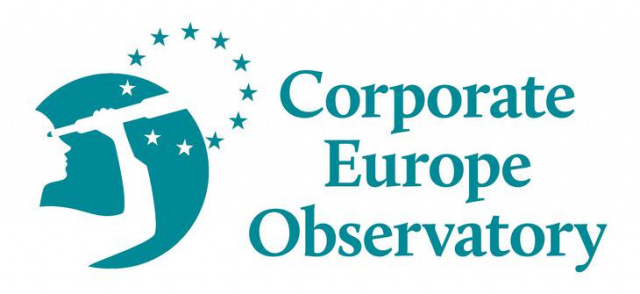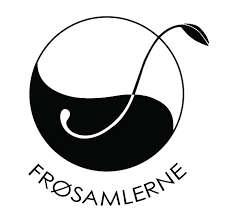On 25 March 2015 the Enlarged Board of Appeal of the European Patent Office (EPO) confirmed an unacceptable interpretation of the current patent law: While processes for conventional breeding cannot be patented, plants and animals stemming from these processes are patentable. This is not only contradictory in itself, but it also undermines the prohibitions in European patent law: “Plant and animal varieties or essentially biological processes for production plants and animals” are excluded from patentability (Art 53 b, EPC).
Because the Enlarged Board of Appeal would be binding for all other EPO decisions in this context, now the rules for the interpretation of the European Patent Convention have to be changed, to strengthen the current prohibitions in European Patent Law. This could be achieved by the Administrative Council of the European Patent Organisation by changing the Implementing Regulation.
A situation of intentional legal absurdity
The European Patent Office (EPO) has already granted several thousand patents on plants and seeds, with a steadily increasing number of patents on plants and seeds derived from conventional breeding. More than 7500 patent applications for plants and around 5000 patents for animals are pending. Around 2800 patents on plants have already been granted – most of them covering genetic engineering. At the same time there is a steady increase in the number of patent applications being filed that concern conventional breeding. Around 1400 such applications have been filed and around 180 patents have been granted. The scope of many of the patents that have been granted is extremely broad and very often covers the whole food chain from production to consumption. These patents are an abuse of patent law, designed to take control of the resources needed for our daily living.













